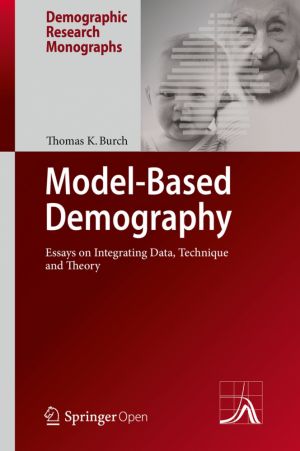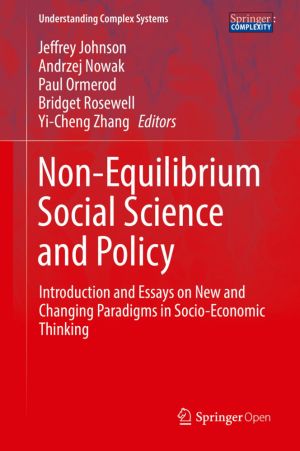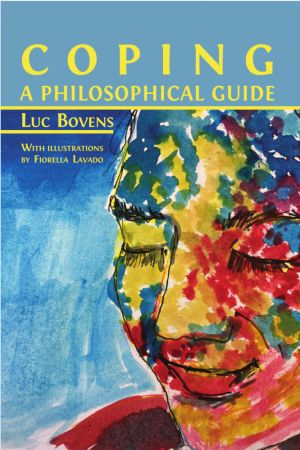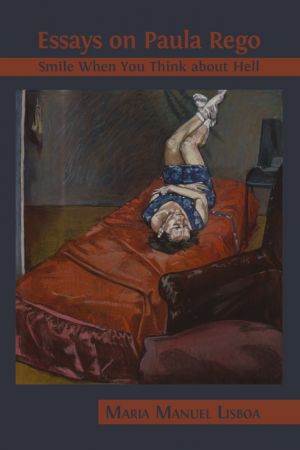Essays on Paula Rego
Smile When You Think about Hell
by Maria Manuel Lisboa
DescriptionTable of ContentsDetailsHashtagsReport an issue
Taking a historicist approach to the evolution of the artist's work, Lisboa embeds the works within Rego's personal history as well as Portugal's (and indeed other nations') stories, and reveals the interrelationship between political significance and the raw emotion that lies at the heart of Rego's uncompromising iconographic style. Fundamental to Lisboa's analysis is an understanding that apparent opposites - male and female, sacred and profane, aggression and submissiveness - often co-exist in Rego's work in a way that is both disturbing and destabilising.
This collection of essays brings together both unpublished and previously published work to make a significant contribution to scholarship about Paula Rego. It will also be of interest to scholars and students of contemporary painting, Portuguese and British feminist art, and the political and ideological aspects of the visual arts. 






Book Description
In these powerful and stylishly written essays, Maria Manuel Lisboa dissects the work of Paula Rego, the Portuguese-born artist considered one of the greatest artists of modern times. Focusing primarily on Rego's work since the 1980s, Lisboa explores the complex relationships between violence and nurturing, power and impotence, politics and the family that run through Rego's art.Taking a historicist approach to the evolution of the artist's work, Lisboa embeds the works within Rego's personal history as well as Portugal's (and indeed other nations') stories, and reveals the interrelationship between political significance and the raw emotion that lies at the heart of Rego's uncompromising iconographic style. Fundamental to Lisboa's analysis is an understanding that apparent opposites - male and female, sacred and profane, aggression and submissiveness - often co-exist in Rego's work in a way that is both disturbing and destabilising.
This collection of essays brings together both unpublished and previously published work to make a significant contribution to scholarship about Paula Rego. It will also be of interest to scholars and students of contemporary painting, Portuguese and British feminist art, and the political and ideological aspects of the visual arts.
This open book is licensed under a Creative Commons License (CC BY). You can download Essays on Paula Rego ebook for free in PDF format (35.8 MB).
Table of Contents
Chapter 1
Past History and Deaths Foretold: A Map of Memory
Chapter 2
(He)art History or a Death in the Family: The Late 80s
Chapter 3
The Sins of the Fathers: Mother and Land Revisited in the Late 90s
Chapter 4
An Interesting Condition: The Abortion Pastels
Chapter 5
Brave New Worlds: The Birthing of Nations in First Mass in Brazil
Chapter 6
I Am Coming to Your Kingdom, Prince Horrendous: Scary Stories for Baby, Perfect Stranger and Me
Chapter 7
Paula and the Madonna: Who's That Girl?
Chapter 8
Epilogue: Let Me Count the Ways I Love You
Appendix A
Translation of Alexandre Herculano's A Dama Pé de Cabra (The Lady with a Cloven Hoof)
Appendix B
Translation of Hélia Correia's ‘Fascinação' (‘Enchantment')
Book Details
Title
Essays on Paula Rego
Subject
Art
Publisher
Open Book Publishers
Published
2019
Pages
512
Edition
1
Language
English
ISBN13
9781783747566
ISBN10
1783747560
ISBN13 Digital
9781783747580
ISBN10 Digital
1783747587
PDF Size
35.8 MB
License

Related Books

What does it mean to be a scientist working today; specifically, a scientist whose subject matter is human life? Scientists often overstate their claim to certainty, sorting the world into categorical distinctions that obstruct rather than clarify its complexities. In this book Daniel Nettle urges the reader to unpick such distinctions - biological...

Late in a career of more than sixty years, Thomas Burch, an internationally known social demographer, undertook a wide-ranging methodological critique of demography. This open access volume contains a selection of resulting papers, some previously unpublished, some published but not readily accessible [from past meetings of The International Union...

The overall aim of this book, an outcome of the European FP7 FET Open NESS project, is to contribute to the ongoing effort to put the quantitative social sciences on a proper footing for the 21st century. A key focus is economics, and its implications on policy making, where the still dominant traditional approach increasingly struggles to capture ...

Why do enterprises feel daunted when undertaking a large-scale cloud transformation? A move to the cloud usually offers substantial rewards. Once companies make this transition, they unlock new business opportunities that fundamentally change the way they work. With this report, members of the Google team will show you how to navigate the cultural ...

Coping is a collection of philosophical essays on how we deal with life's challenges. We hope for better times, but what is hope, and is it a good thing to hope? How do we look back and make sense of our lives in the face of death? What is the nature of love, and how do we deal with its hardships? What makes for a genuine apology, and is there...

This open access book provides an exploration of the consequences of the ontological differences between natural and social objects (sometimes described as objects of nature and objects of thought) in the workings of causal and agency relationships. One of its important and possibly original conclusions is that causal and agency relationships do no...

